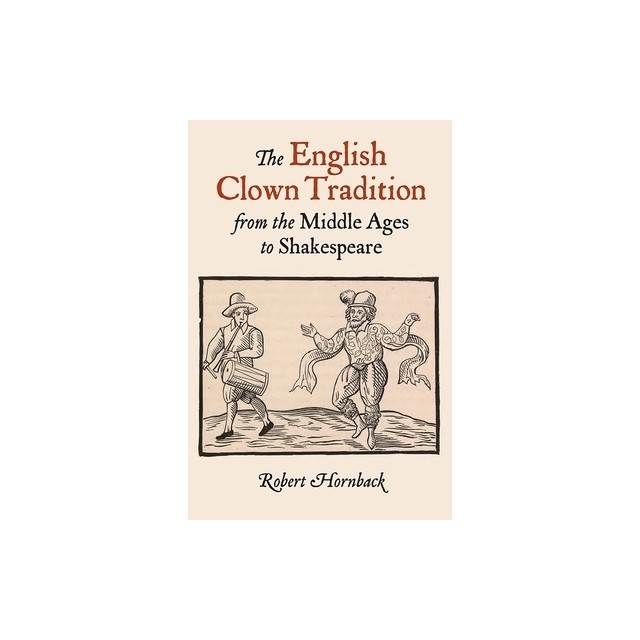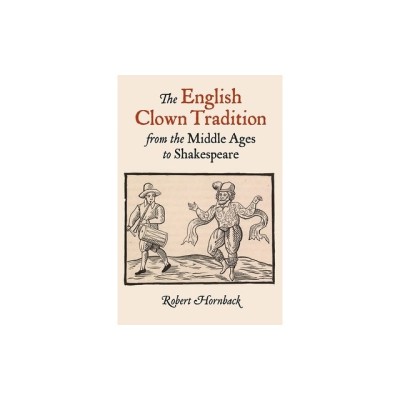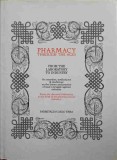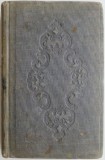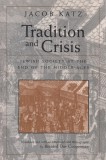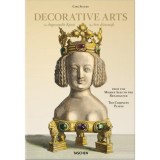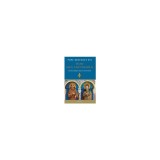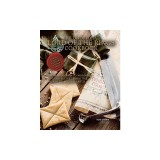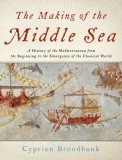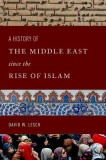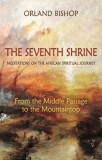The English Clown Tradition from the Middle Ages to Shakespeare


Descriere
Raporteaza produsVânzatorul este direct răspunzator pentru produsul afișat în această pagină.
Specificatii
English theatrical clowns carried a weighty cultural significance from the late medieval period through to the seventeenth century, only to have it stripped from them, sometimes violently, at the close of the Renaissance, when the license' of fooling was revoked. This survey of clown traditions during the period looks at their history and reveals their hidden cultural contexts and legacies. It has far-reaching implications not only for a general understanding of English clown types, but also for understanding their considerable role in defining social, religious and racial boundaries. The study begins with an exploration of previously misconstrued early representations of blackness in medieval psalters, cycle plays, and Tudor interludes, arguing that such depictions are more emblematic of folly and ignorance than of evil. Other elements of the clown tradition examined here include the patronage of a clownish, iconoclastic Lord of Misrule by Protestants at Cambridge and at court during the reigns of Henry VIII and Edward; the Puritan clown of the Elizabethan stage; and the Fool in King Lear, about whom fresh and provocative conclusions are reached. The epilogue focuses on the satirical clowning which took place surreptitiously in the Interregnum, and the causes and manner of the revoking of licensed' foolery.
Galerie foto
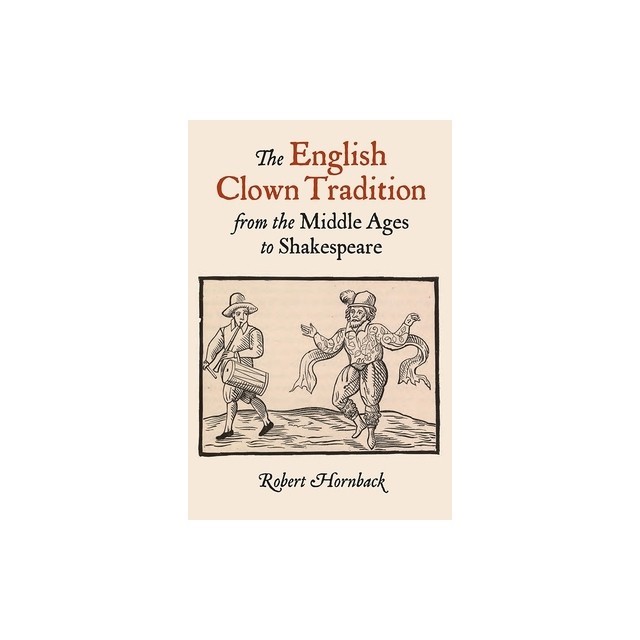
Modalitati de livrare si plata
LIVRARE
In Bucuresti
-
- Prin Curier rapid - 12.9 Lei in max. 11 zile lucratoare
In Romania:
-
- Prin Curier rapid - 12.9 Lei in max. 11 zile lucratoare
PLATA
- - Ramburs
- - Avans
Politica de retur
- - Produsul nu se poate returna.
Spune-ti parerea acordand o nota produsului
